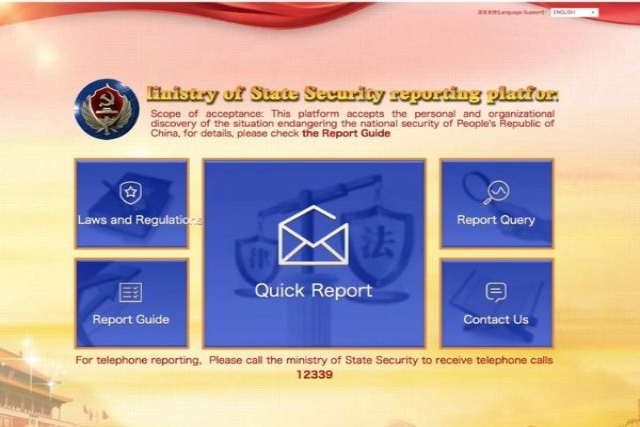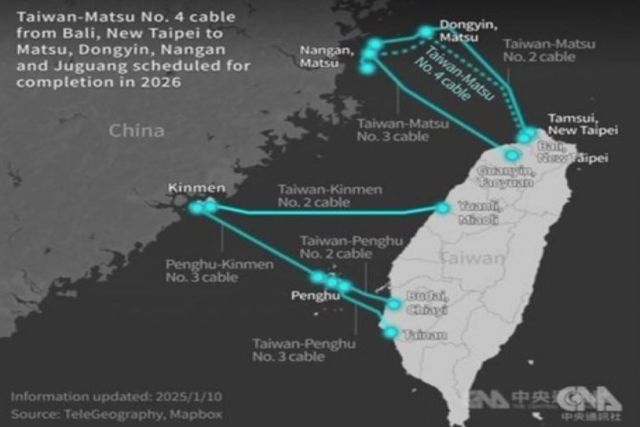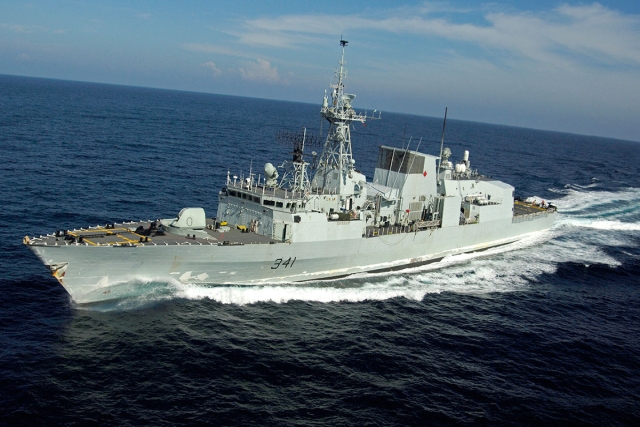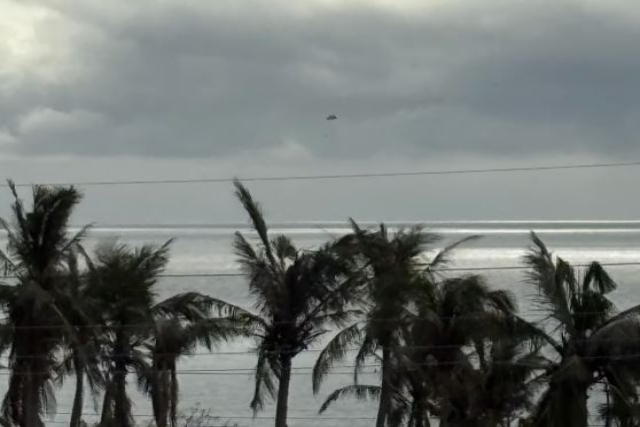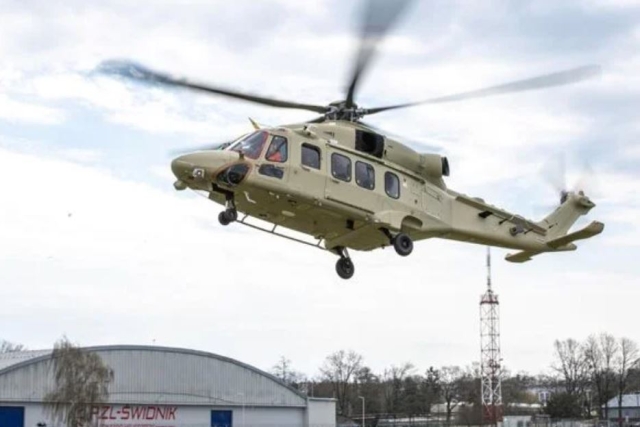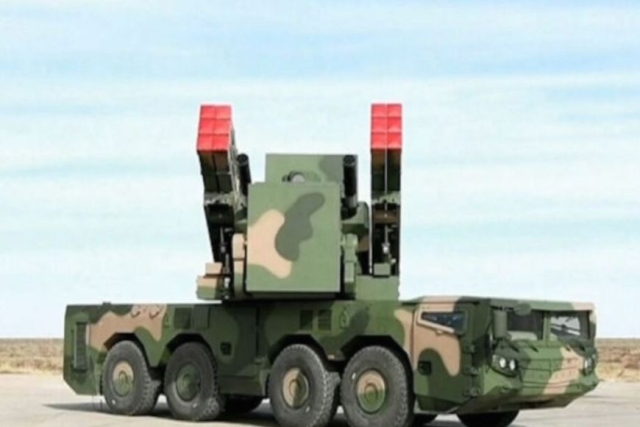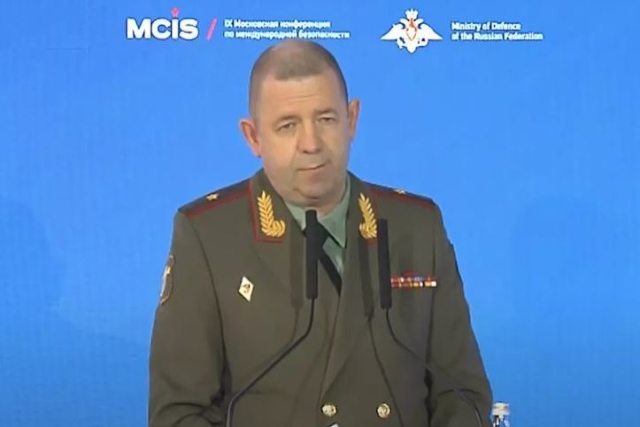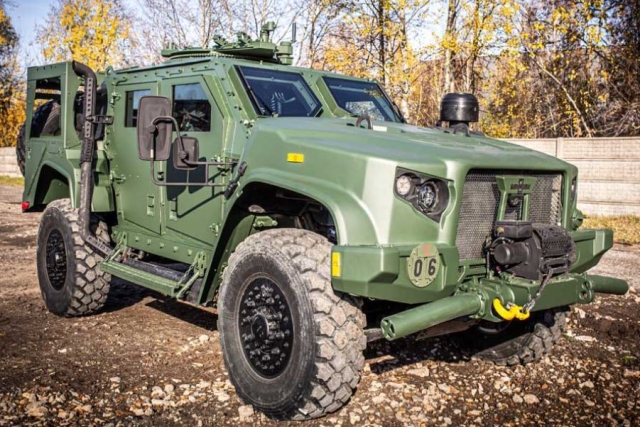China Orders Military To Prepare For Taiwan Invasion By 2027, U.S. Warns
Beijing seeks to dominate the Indo-Pacific and surpass the U.S. as top global power: U.S. official
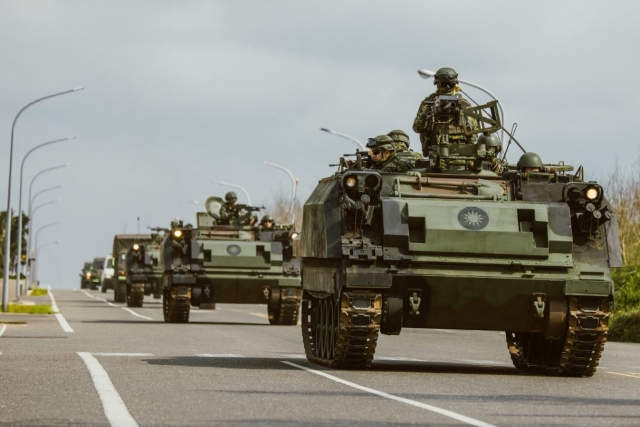
Chinese President Xi Jinping has directed the People’s Liberation Army (PLA) to be prepared for a potential invasion of Taiwan by 2027, a move U.S. officials say marks a dangerous turning point in cross-strait tensions and global security.
The warning was delivered by John Noh, performing the duties of assistant secretary of defense for Indo-Pacific security affairs, during testimony at a U.S. House Armed Services Committee hearing in Washington. “China is undertaking an unprecedented military buildup, developing a large and advanced arsenal of nuclear, conventional, cyber and space capabilities,” said Noh.
According to Noh, the Chinese Communist Party (CCP) aims to displace the United States as the dominant global power. “China aims to dominate the Indo-Pacific region and displace the United States as the world's most powerful nation,” the official claimed.
He said the U.S. must respond by strengthening regional alliances, investing in its defense industrial base, and deploying combat-ready forces to the region.
Adm. Samuel Paparo, commander of U.S. Indo-Pacific Command, told the committee that China’s growing military activities are no longer symbolic.
“The PLA’s aggressive operations around Taiwan are not just exercises. They are rehearsals for a real invasion,” Paparo said. He cited a 300% increase in Chinese military activity near Taiwan in 2024, saying the moves reflect Beijing’s escalating readiness.
Paparo said China is outproducing the U.S. in critical areas such as airpower, naval assets and missile systems. He also warned of China's expanding space and counter-space capabilities, which pose additional challenges to U.S. military superiority.
Beyond conventional threats, China is stepping up covert and non-kinetic operations to undermine Taiwan from within. A March 2025 report by the U.S.-based Global Taiwan Institute (GTI) accused the CCP of launching widespread influence campaigns to infiltrate Taiwan’s political, media, and academic sectors.
“These operations are not limited to spying. They are designed to erode Taiwan’s institutions, divide society and weaken its ability to resist aggression,” the GTI stated. The report called such tactics “an existential threat” to Taiwan’s democracy.
In response, Taiwan’s President Lai Ching-te has ordered defense forces to intensify readiness and embrace asymmetric warfare strategies. Speaking in March, Lai said Taiwan must demonstrate the will to defend itself and build civil defense capacity to face increasing coercion.
“We cannot treat PLA drills as just warnings — they may be preludes to war,” Lai said.
Taiwan recently held a civil defense exercise involving 1,500 civilians, part of a broader initiative under the island’s new Whole-of-Society Defense Resilience Committee.
Meanwhile, Taiwan’s defense minister Wellington Koo pushed back against speculation about U.S. withdrawal from the region following comments by former U.S. President Donald Trump.
“The U.S. will not abandon the Indo-Pacific. Its national interests are deeply tied to this region,” Koo said, warning that a CCP takeover of Taiwan would also endanger Japan, the Philippines and other regional players.
Taiwan, which China claims as part of its territory, relies heavily on U.S. arms sales for its defense. The island has purchased nearly $50 billion in U.S. defense equipment since 1950, including fighter jets, missile systems, and unmanned aerial vehicles.
The Taiwan Relations Act, passed in 1979, obligates the U.S. to view any attempt to change Taiwan’s status by force as a matter “of grave concern.” While the U.S. does not maintain formal diplomatic ties with Taipei, it remains Taiwan’s most important security partner.
With Beijing expanding its political warfare, military presence, and coercive strategies, U.S. officials say the stakes are rising fast.
“Deterrence remains our highest duty,” Paparo told lawmakers. “We must prevent conflict through strength, unity, and preparation.
Lai Ching-te, in a separate Bloomberg article, emphasized Taiwan’s close ties with the U.S., highlighting the rollout of Taiwan’s first F-16V jet from South Carolina and Taiwan Semiconductor Manufacturing Company (TSMC)’s planned $165 billion investment in Arizona. Lai proposed restarting trade talks, increasing purchases of U.S. goods, boosting arms procurement, expanding Taiwanese investment, and addressing U.S. concerns on export controls.
